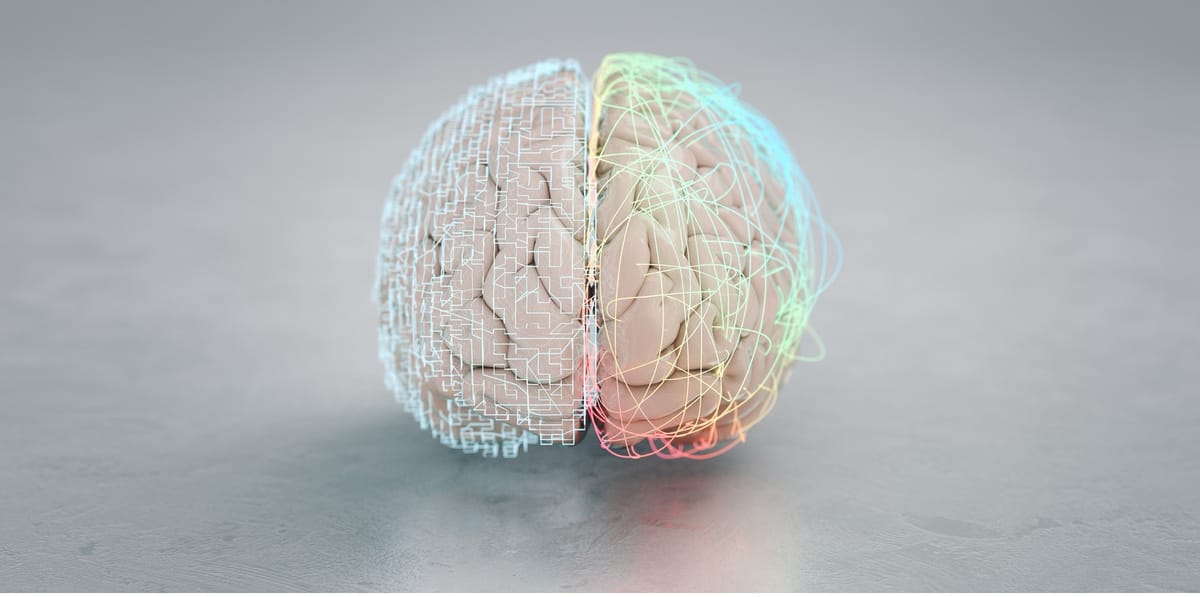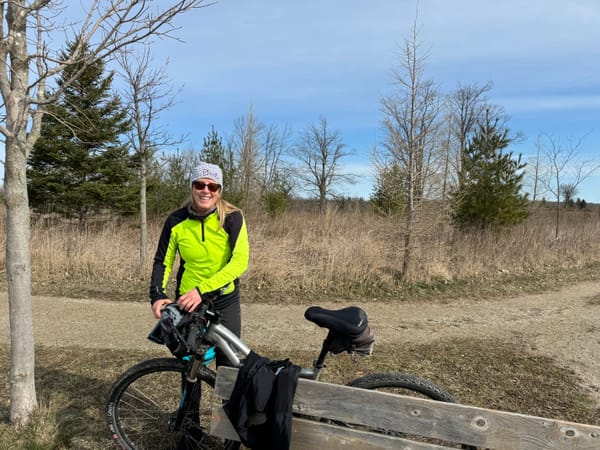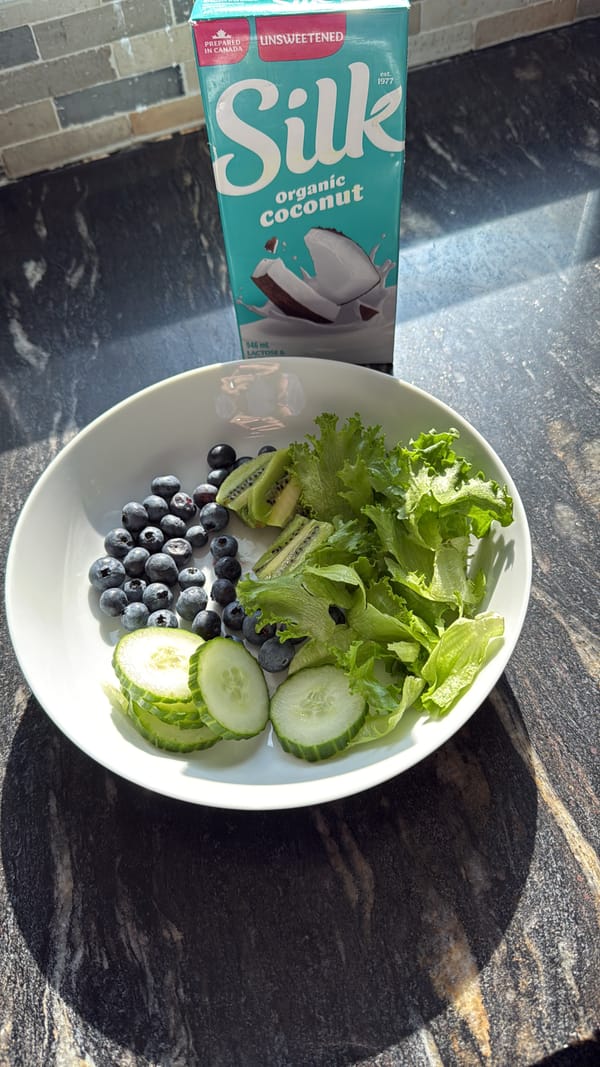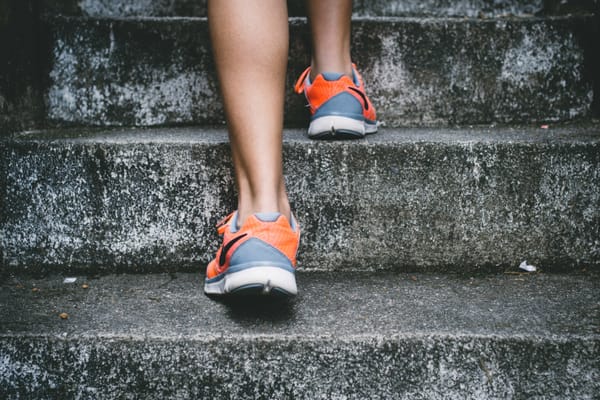Steps to Prevent a Brain Transplant

As a neuroscience nurse practitioner, I’ve cared for a wide variety of neurological (brain related) concerns. One thing remains consistent across all of the ailments I’ve treated: people ask what they can do to help their brains be healthier and prevent further issues. I learned from a colleague early in my career that there are three main things we can all do to keep our brain healthy, and I’ve shared this information with thousands of patients since. These three things are: keep active physically, mentally, and socially.
1. Keeping active physically means doing some sort of physical activity (exercise) for 30 minutes a day, most days of the week. There is no one-size-fits-all exercise program that will do the trick. Find something you like to do because that is what you’ll be able to stick with! And you don’t have to do it all in one go if that’s too much – you can break it up into 10- or 15-minute increments and do multiples in a day. If it’s walking, you just need to go fast enough that it would be difficult (but not impossible) to carry on a conversation; then you know you’re going fast enough to get the cardiovascular benefits! Physical activity helps maintain good blood flow to the brain and nervous system to keep these systems working properly.
2. Keeping active mentally means using your brain! This may include things like learning a new language or skill, doing crossword or other word puzzles daily, or reading a variety of materials. At one point in my education, I also learned that ballroom dancing is good for your brain because it requires activity on both sides of your brain to do all the movements (and you get the added bonus of checking off physical activity at the same time!). Mental activity helps keep your neurons (brain cells) firing and keeps the connections in your brain tight and strong. The old adage of ‘use it or lose it’ applies to brain cells!
3. Keeping active socially means knowing current events and what’s going on in the lives of those around you. This could be going to church, partaking in activities in the community such as sports, community center events, mall-walking, or going to a fitness center (which again checks off the physical activity requirement at the same time). It may also include reading/watching the news daily, or even just getting together with friends or family for a meal or a phone call. Social activity requires you to remember when things are happening, who is doing what, and also helps to keep your neurons firing as you create memories and then have to retrieve those memories for future conversations.
As a concussion-focused nurse practitioner, I also want to highlight the importance of protecting your brain. Over the years I’ve seen many arguments between cardiologists (heart doctors) and neurologists (brain doctors) over which organ system is more important. In my opinion, your brain is the most important because a machine can keep your heart beating, but your brain makes you who you are.
Concussions happen in the blink of an eye and can change your life as quickly. Concussions don’t just happen from hitting your head – they can also happen from hitting your body hard enough to jostle your brain inside of your skull. And you don’t have to lose consciousness for them to occur, either. If you’re feeling “off” after a fall, car accident, or sports-related injury, whether or not you hit your head or ‘blacked out’ you may be experiencing a concussion and need to be evaluated. That said, there are ways to prevent concussions from happening, which will ultimately prevent potential complications in the healing process! Preventive measures may include the following:
1. Wear appropriate safety equipment when working around heavy objects. If working in an area where things could fall on your head, such as in large plants or construction – wear appropriate head protection. Use safety equipment to move large objects – don’t try to muscle through it yourself.
2. Wear appropriate safety equipment when participating in sports. Baseball, softball, football, and hockey are all sports that require use of a helmet for protection. Winter sports such as skiing and snowboarding also recommend (but should require) the use of helmets for head protection. Bicycling, rollerblading, and skateboarding recommend the use of helmets, and most of us are good about having our children wear helmets, but adults aren’t always as responsible.
3. Stay off your phone when you’re behind the wheel – too many accidents occur because of distracted driving. Distracted driving is just as deadly as drunk driving! Drive within the limits of the weather and follow traffic laws. These recommendations and laws aren’t there to inconvenience you – they are there for your safety and for the safety of those around you.
4. When heading outdoors in the winter, especially when it’s slippery out, make sure you are wearing appropriate footwear with tread for traction and take small steps on slippery sidewalks and driveways so that you are more in control of your footing. If you live in an area that allows shoe attachments with cleats, wear them when you go out for walks or runs to increase your chance of staying upright!
5. And if you’re an individual who gets dizzy with position changes (likely related to low blood pressure or sudden blood pressure changes), take your time going from sitting to standing so that you don’t fall over.
Though we live in a world where we can get our joints replaced when they break down or organs replaced if they fail, we don’t yet have the capability of doing a brain transplant. For this reason, we need to take care of our brains! Follow the advice above and I promise your brain will thank you.
Mandi Dickey, FNP-BC, MSN, RN




